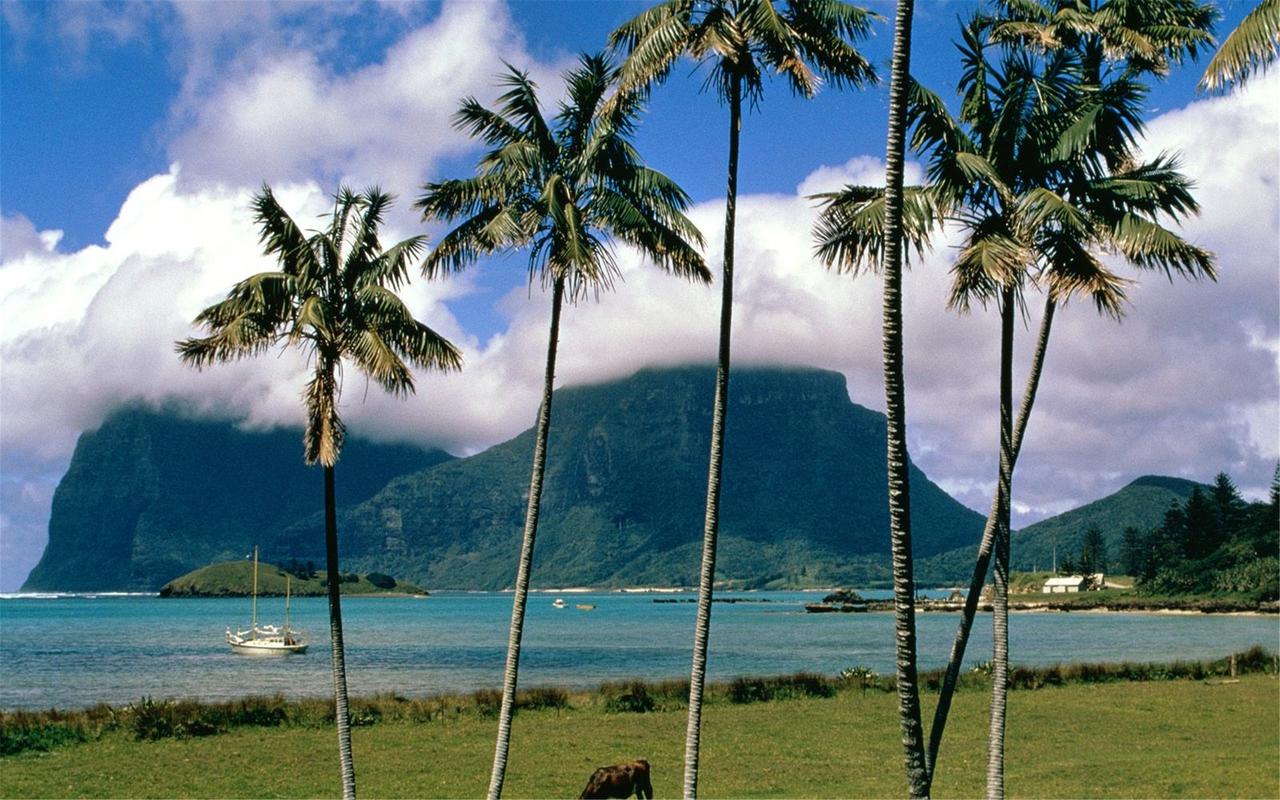Embracing Cultural Diversity in Zimbabwe: An Overview
Zimbabwe, landlocked in southern Africa, is known for its rich cultural heritage. The country has 16 official languages and various cultural practices that are celebrated throughout the year. The diversity in Zimbabwean culture is a result of its history, which combines Shona, Ndebele, and other African tribes with European influence.
As a nation, Zimbabwe has come a long way from the days of colonization, and although some remnants of colonialism remain, there is an increasing embrace of cultural diversity. Embracing cultural diversity in Zimbabwe is not only crucial for social cohesion but also plays a significant role in economic growth.
One way in which Zimbabwe is promoting cultural diversity is through language policy. English is the official language of Zimbabwe, but there is a push towards recognizing and promoting other indigenous languages. The government has introduced language policies that mandate the use of local languages in schools, and this has led to the promotion of cultural heritage and values.
In addition to language policies, cultural events and festivals are another way in which Zimbabwe celebrates its diversity. The Harare International Festival of the Arts (HIFA) is a significant event that brings together artists from various countries and cultures. The festival features art, music, dance, and theater, among other cultural expressions. HIFA has become a platform for cultural exchange, bringing together people from different backgrounds, and promoting tolerance and respect for diversity.
Zimbabwean cuisine is also an essential aspect of the country’s cultural diversity. The food in Zimbabwe is diverse, with traditional dishes like sadza, mazondo, and muriwo being staple meals for many people. The influence of European and Asian cultures is also evident in some dishes. For example, pilau rice, introduced by the Indian community, is a popular dish in Zimbabwe.
In conclusion, embracing cultural diversity in Zimbabwe is vital for social cohesion and economic growth. Language policies, cultural events and festivals, and cuisine are a few ways in which Zimbabwe celebrates diversity. By recognizing and promoting cultural diversity, Zimbabwe has the potential to become a more inclusive and tolerant society.
(Note: Do you have knowledge or insights to share? Unlock new opportunities and expand your reach by joining our authors team. Click Registration to join us and share your expertise with our readers.)
Speech tips:
Please note that any statements involving politics will not be approved.
